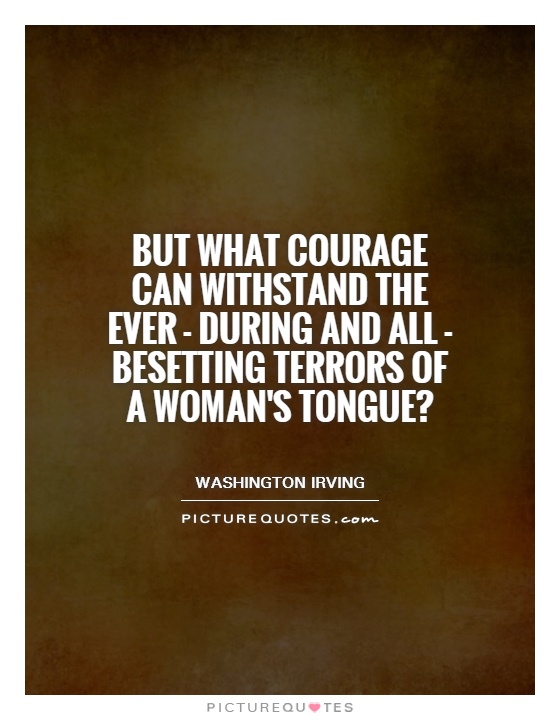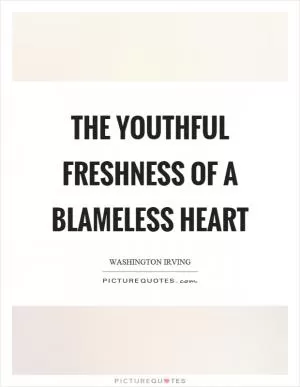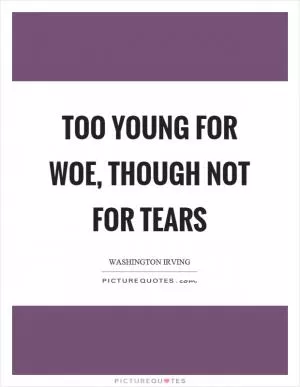But what courage can withstand the ever - during and all - besetting terrors of a woman's tongue?

But what courage can withstand the ever - during and all - besetting terrors of a woman's tongue?
In Washington Irving's works, particularly in his short stories and essays, the theme of the power of a woman's tongue is a recurring motif. Irving often explores the idea that a woman's words can be just as formidable as any physical threat, and that the courage needed to face the relentless onslaught of a woman's tongue is a true test of character.Irving's female characters are often portrayed as strong-willed and outspoken, unafraid to speak their minds and challenge the status quo. In stories like "Rip Van Winkle" and "The Legend of Sleepy Hollow," we see women who are not afraid to use their words to assert their independence and assert their power.
In "Rip Van Winkle," for example, Rip's wife is depicted as a domineering and sharp-tongued woman who constantly berates him for his laziness and lack of ambition. Her words are like a constant barrage of arrows, wearing down Rip's spirit and forcing him to seek solace in the mountains. It is only after he awakens from his long slumber that he is able to find the courage to face her once again.
Similarly, in "The Legend of Sleepy Hollow," Katrina Van Tassel is portrayed as a woman who knows her own mind and is not afraid to speak it. She is courted by two men, Ichabod Crane and Brom Bones, and it is her words and actions that ultimately determine the outcome of their rivalry. Katrina's tongue is a powerful weapon, capable of both charming and cutting, and it is her ability to wield it with skill and precision that ultimately decides the fate of the two men.












 Friendship Quotes
Friendship Quotes Love Quotes
Love Quotes Life Quotes
Life Quotes Funny Quotes
Funny Quotes Motivational Quotes
Motivational Quotes Inspirational Quotes
Inspirational Quotes